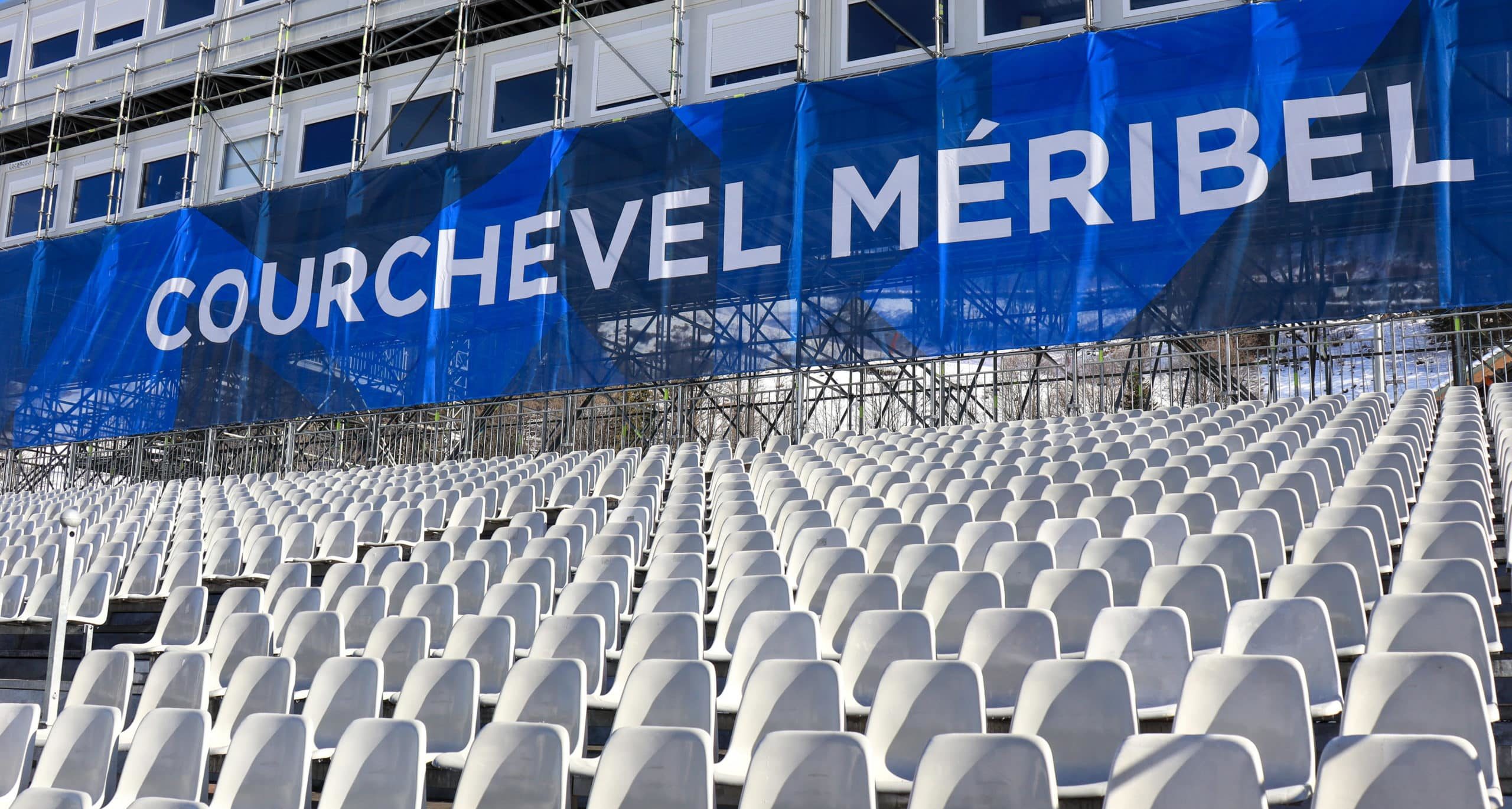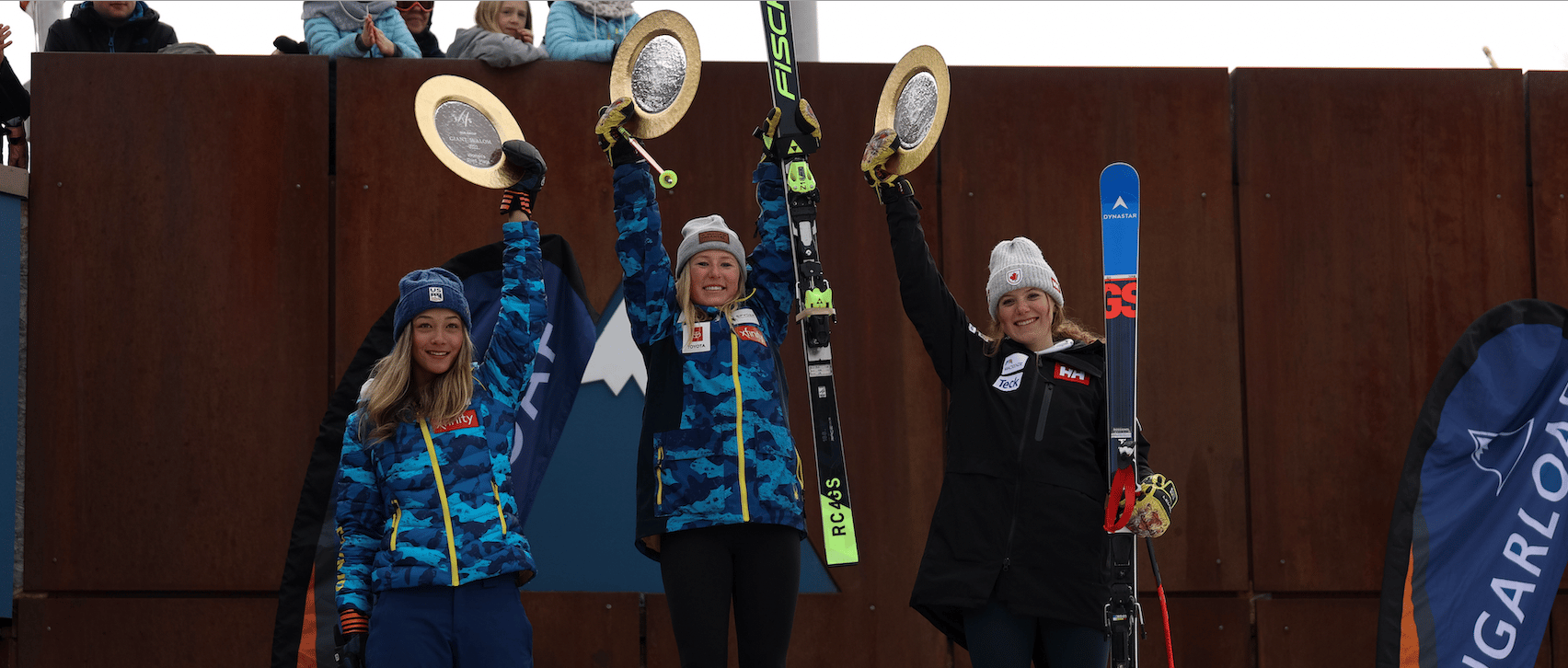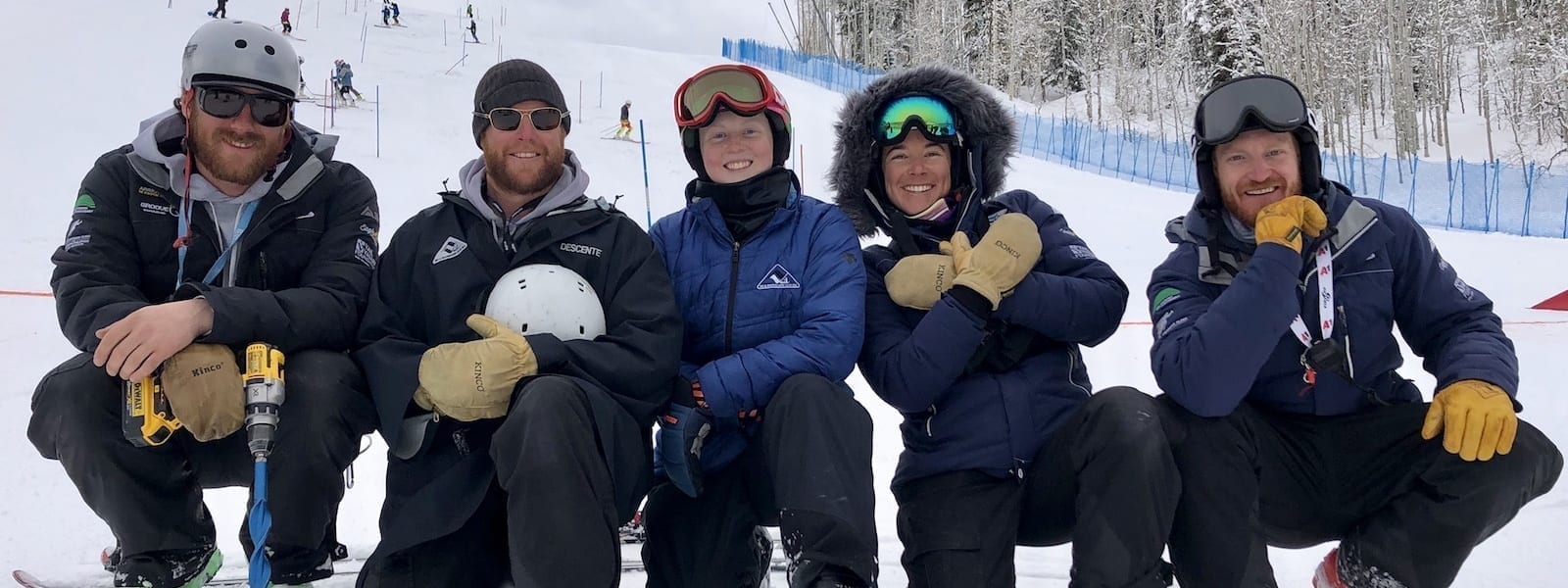Hannes Reichelt and the Role of the FIS Athletes’ Representative
Austria’s Hannes Reichelt is not only one of the fastest human beings on two skis, but also a member of the FIS Athletes’ Commission, representing the racers at the different FIS committee meetings. The position is not an easy task for the 13-time World Cup winner, but a responsibility he assumes and appreciates none the less. FIS caught up with the Austrian star and talked about his role more in depth in the Q&A below.
FIS: What’s your role as the athletes’ representative?
HR: I’m the liaison between the athletes and the other stakeholders of the alpine World Cup. My role is to collect the opinion of the racers on different topics, to filter and summarize, and then to present the results to the various committees where I have a vote.
How do you collect the feedback?
We used to do an athlete survey in the past, but this season, for the first time, we had an actual meeting with the top 20 in the speed disciplines in Kvitfjell. Markus Waldner and Hannes Trinkl from FIS were also present. It was a great opportunity to discuss important topics together. Unfortunately, as I am an active ski racer, I didn’t have a chance to physically meet with the tech athletes, but of course I’ve consulted tech athletes and got feedback from them as well. Even if it doesn’t make my work easier, I think it’s important to be an active skier to represent the athletes. It’s the only way to be close to the sport and fully concerned by what’s happening on the World Cup Tour.
In general, do the athletes come to an agreement easily or are the opinions diverging?
It can be difficult to have a clear voice from the athletes as everyone has different opinions on some topics. But I would only forward issues that are common to a clear majority of the athletes. Most proposals I’ve presented at the FIS Congress were agreed to by 100% of the athletes; the other proposals were around 75%.
Do you have the feeling that the committees listen to the athletes and understand their situation?
The athletes are understood, but that’s not always enough for the committees to take actions. Often the proposals are tabled and to be discussed later on. This is a pity, because some topics would be easy to put into practice. I wish we had more support and that the willingness to make a change was bigger, especially when all athletes have the same opinion.
There are many different interests in the World Cup, how do you handle all this?
Exactly. World Cup organizers, TV rights holders, and athletes are all linked to a National Ski Association, but quite often they don’t have the same opinion. I’m not always agreeing to the proposals made by the Austrian Ski Federation. But in my position as the athletes’ representative, I fight for their rights and in our common goal to make the sport more appealing, I will do my best to make sure that the athletes are treated in a fair way.
Two years ago, the athletes’ commission got a vote in the FIS Council, the highest decision level. How important was this?
This was a huge step. It’s very important that the athletes have a voice at every level. This year, a proposal was made to have two athletes voting in the FIS Council, one male and one female, and it was accepted. To have two representatives, one of each gender, strengthens the athletes’ voice even more and I’m very happy about this.
Referring to this particular FIS Congress, what was the biggest step for the alpine athletes?
First of all, I think it was very important to be present here at the FIS Congress. Even if no major change was made, I think I could open the eyes of some organisers and sports directors on how the athletes see their sport and which direction they would like to go. It was important for me to show that the athletes are not happy with the starting order in the speed disciplines, that the prize money should be raised and that it’s not fair that speed skiers don’t get an opportunity to race in City Events. The proposals have all been tabled or rejected, but it’s crucial to make our voice heard. The one thing that is actually moving in the right direction is that the draft calendars that were presented for the future are getting more and more balanced.
How difficult is it for you on a personal level to be active as a speed ski racer and on the political level of FIS?
The time investment is huge to cover both engagements, and sometimes it’s hard to be 100 percent objective. I’m standing for all the athletes, but if something is not fair, I will always try to defend the category that is weaker and at the moment it seems to be the speed side. The balancing act between the sportsman and the spokesman is not always easy, but the main goal is always to be fair and objective. Also, it is a little frustrating to see how slowly things are moving in the FIS committees. I hope that in the future we’ll be able to react faster to keep our sport on a high level.
Release courtesy of FIS.





















